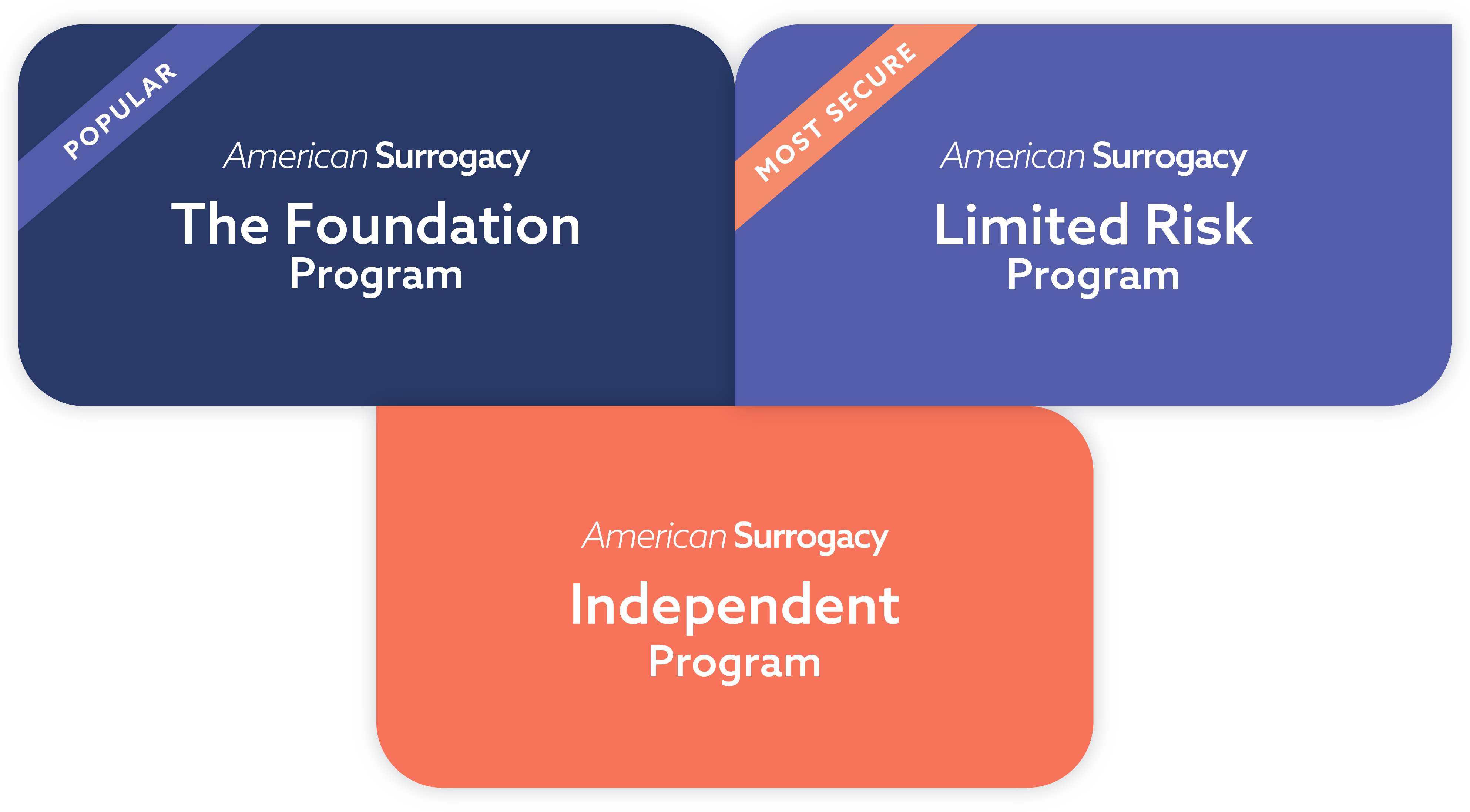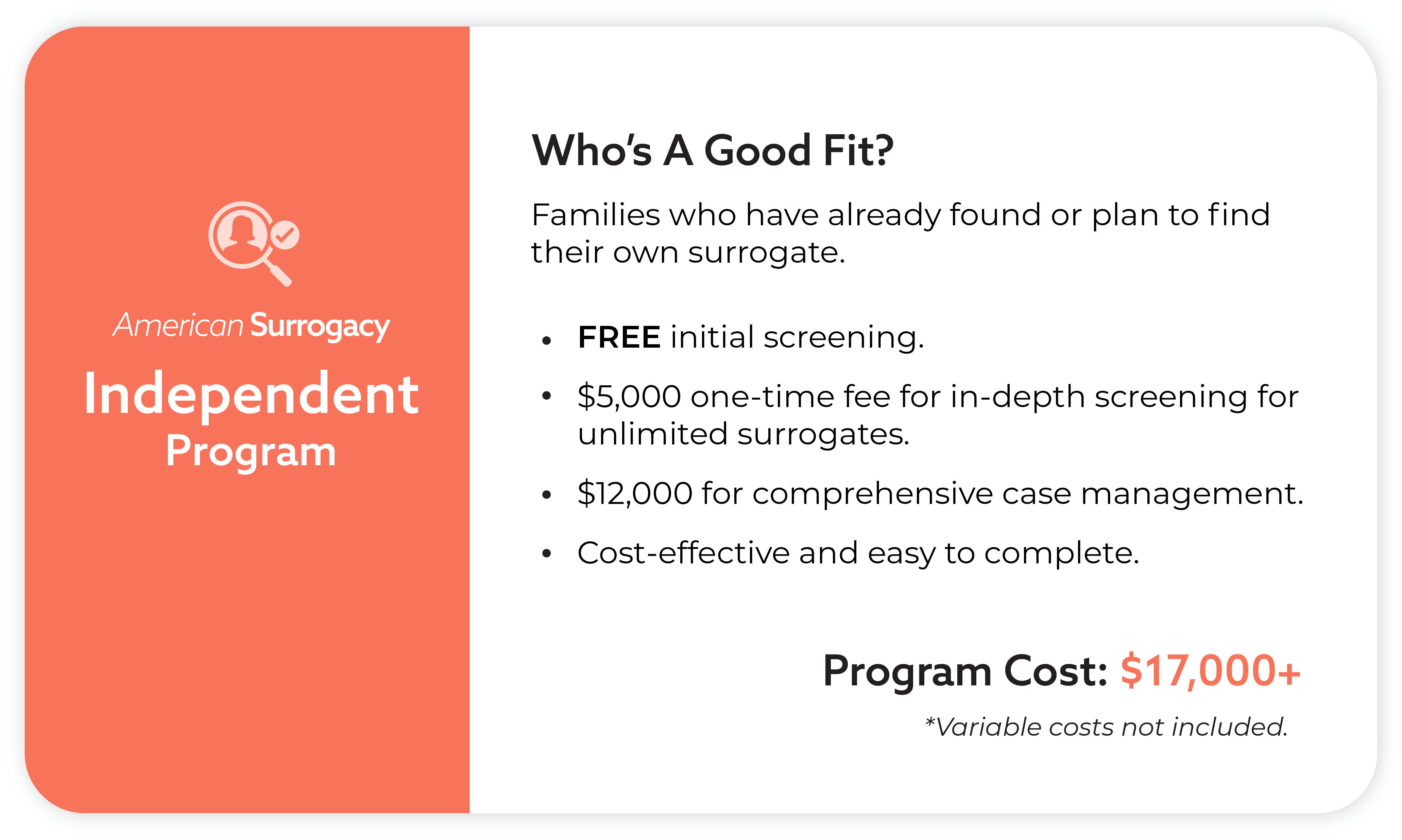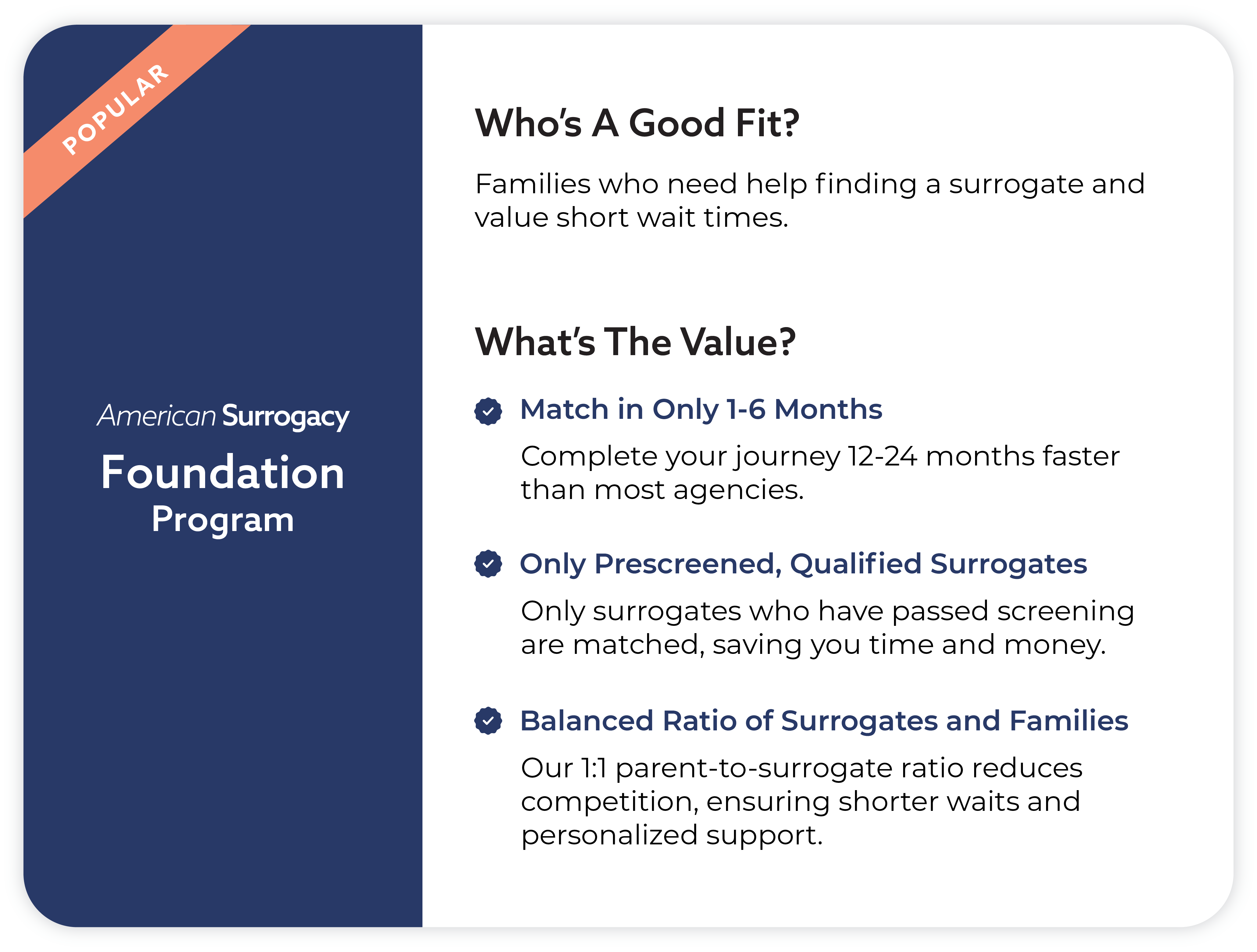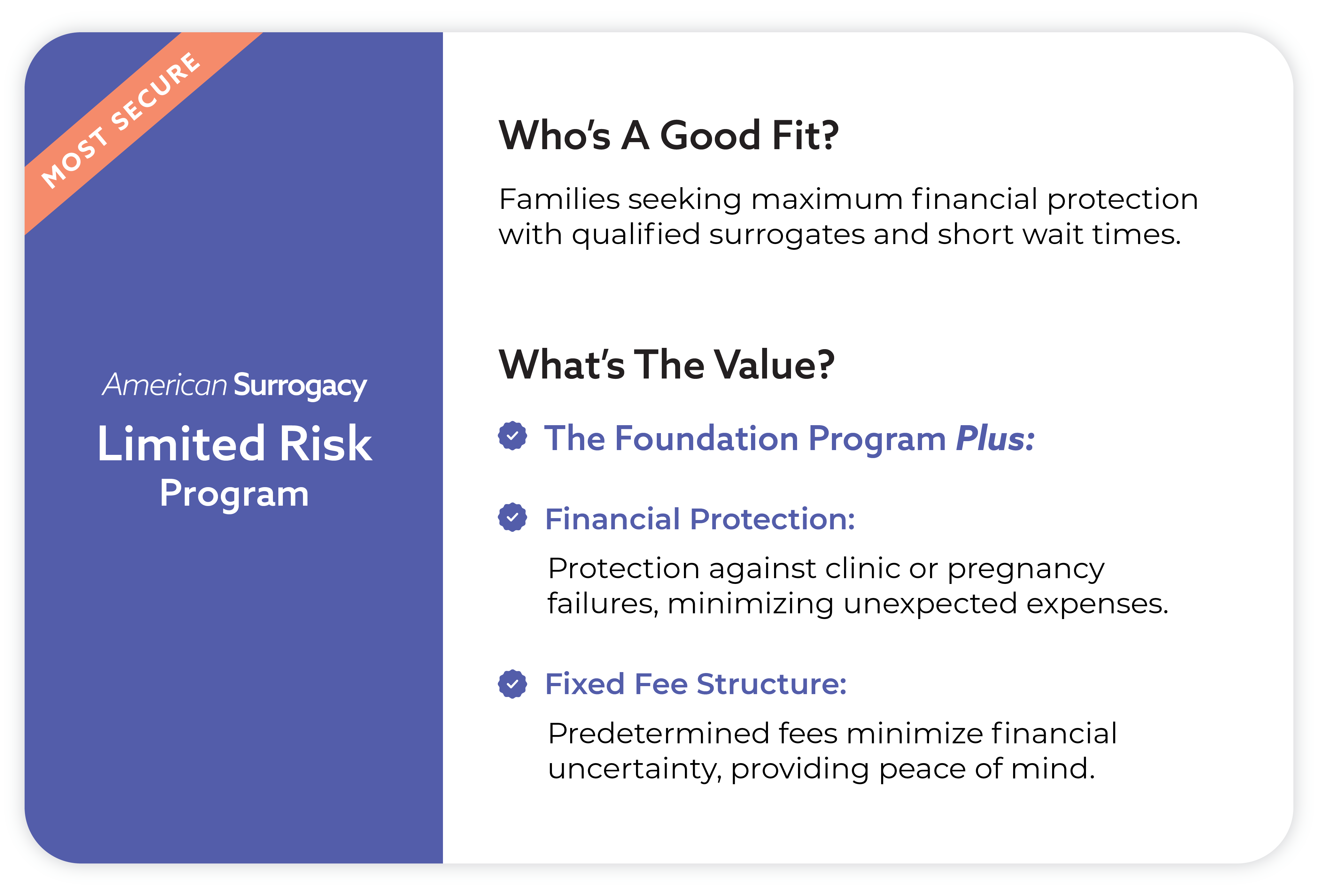Surrogacy in Vermont can be an empowering journey — when you understand your rights. Whether you're an intended parent or a potential surrogate, navigating legal protections, compensation laws, and parentage in Vermont is critical. That’s where American Surrogacy comes in: we ensure your journey is safe, secure, and emotionally fulfilling.
Vermont is among the most surrogacy-friendly states in the U.S., offering hopeful parents and surrogates a clearer legal path than many neighboring states. In this guide will walk you through Vermont’s surrogacy laws and how we can support you along the way.
Vermont Surrogacy Laws
Vermont's surrogacy laws establish a legal framework for both gestational surrogacy arrangements. The Vermont Parentage Act of 2018, effective from July 1, 2018, permits gestational surrogacy agreements that comply with specific statutory requirements, ensuring that intended parents are recognized as the legal parents of the child immediately upon birth.
This legal recognition is available regardless of the intended parents' marital status, sexual orientation, or genetic connection to the child. Surrogacy contracts in Vermont are legally enforceable, provided all parties have independent legal representation and the agreements meet the state's stipulated criteria. Additionally, Vermont law allows for both pre-birth and post-birth parentage orders.
Read Vermont’s Parentage Act (Title 15C, Vermont Statutes)
Is Surrogacy Legal in Vermont?
Yes, surrogacy is legal in Vermont, established by Vermont’s Parentage Act. The state does not have restrictive statutes or case law prohibiting the practice. Courts have historically granted pre-birth parentage orders and enforced contracts in surrogacy arrangements, especially when properly drafted and supported by legal counsel.
Is Paid Surrogacy Legal in Vermont?
Yes. Vermont allows for compensated (paid) gestational surrogacy arrangements. This makes it easier for intended parents and surrogates to create a legally recognized and financially secure agreement.
How much does surrogacy cost? Learn more about surrogate compensation
Can You Really Trust a Surrogacy Contract in Vermont?
Yes. Surrogacy contracts in Vermont are recognized and enforceable when drafted in accordance with the state's legal standards and the Vermont Parentage Act. The law requires that all parties have independent legal representation, and agreements must be voluntarily entered into before the medical procedures begin.
At American Surrogacy, we ensure that every match includes a thorough legal review by experienced surrogacy attorneys so that both parties are protected throughout the journey.
Surrogacy Contract Checklist: What Every Contract Should Include
Compensation for the surrogate, reimbursements and handling of unexpected costs. Who makes decisions about embryo transfers, selective reduction, pregnancy termination or cesarean delivery? Wellness expectations, travel restrictions and communication preferences. How and when the intended parents will be recognized as the child’s legal guardians. Clear methods for resolving disagreements—without jeopardizing the journey. What happens if one party needs to end the agreement early?
When Do I Need a Surrogacy Contract in Vermont?
You’ll need a signed legal agreement before any medical procedures begin. This typically comes after matching with your surrogate or intended parents.
Explore the full surrogacy timeline
How Will American Surrogacy Support Me During the Contract Stage?
Legal agreements can be overwhelming. That’s why our specialists coordinate with top surrogacy attorneys in Vermont to ensure every agreement reflects your wishes and complies with the law.
Before we even present a surrogate’s profile, we’ve already vetted their state’s surrogacy laws—so you don’t face unexpected legal hurdles later.
Explaining complex legal language in plain terms Assisting with contract negotiations and feedback loops Coordinating timelines between medical and legal milestones Ensuring all documentation is signed and submitted on time Connecting you with a surrogacy attorney near you How We Help You
LGBTQ+ Surrogacy Laws in Vermont
Vermont is an inclusive state for LGBTQ+ families. The Vermont Parentage Act explicitly allows same-sex couples and unmarried intended parents to establish parentage through surrogacy. Second-parent adoption is not required when a court grants a pre-birth order.
Abortion Laws in Vermont and Surrogacy Contract Termination Agreements
Vermont does not restrict abortion access, which offers flexibility in creating surrogacy agreements that address potential termination clauses.
Every American Surrogacy contract includes clear language about termination—so both surrogate and intended parents know where they stand and are legally protected.
If state abortion laws ever change or don't align with your beliefs, remember: You can always pursue surrogacy in another state with our national network.
Surrogacy Laws for Establishing Parentage in Vermont
Vermont allows intended parents—regardless of marital status or gender—to establish parentage through a pre-birth order. These orders ensure the intended parents’ names are placed on the birth certificate from the start.
How to Get a Pre-Birth Order in Vermont
- Is a hearing required? In most cases, no. Judges may issue pre-birth orders administratively.
- Timeline: A pre-birth order is typically granted in the third trimester, and the final birth certificate is issued within a few weeks of delivery.
International Surrogacy Laws in Vermont
Vermont does not currently have specific statutes addressing international surrogacy. However, intended parents residing internationally may pursue arrangements through Vermont courts, especially with legal counsel experienced in immigration and international family law.
The Role of a Surrogacy Attorney in Vermont
A surrogacy attorney in Vermont ensures your agreement:
- Meets legal requirements
- Protects your parental rights
- Supports a smooth pre-birth order process
We connect all our clients with reputable Vermont surrogacy attorneys who specialize in assisted reproduction law.
Need legal help? Schedule a consultation today
How Much Does a Surrogacy Lawyer Cost?
Costs vary, but you can expect to pay $3,000–$6,000 for legal representation in a surrogacy case.
As part of your American Surrogacy program, legal costs are already included—so you don’t need to budget for additional fees.
Find a Surrogacy Attorney Near You
Colleen Marea Quinn is a distinguished attorney specializing in adoption, surrogacy, and assisted reproductive technology law. At Quinn Law Centers, she offers comprehensive legal services in family formation, personal injury, employment law, and estate planning. Ms. Quinn has received numerous accolades, including being named among the "Best Lawyers in America" and recognized as a "Super Lawyer." She is actively involved in legal education and advocacy, frequently presenting on topics related to adoption and ART law.
Explore Our Surrogacy Programs in Vermont

American Surrogacy offers three tailored programs:
Independent Program

Foundation Program

Limited Risk Program

FAQ: Legal Aspects of Surrogacy in Vermont
Are insurance companies required to cover IVF in Vermont?
No. Vermont does not currently mandate insurance coverage for IVF.
States that do include: Connecticut, Illinois, Massachusetts, and New Jersey.
Is an embryo considered a person in Vermont?
No. Vermont law does not confer personhood status on embryos. They are typically treated as property in legal proceedings involving custody or use.
Is traditional surrogacy legal in Vermont?
Yes, but it is far less common. It is treated as an adoption process, necessitating the termination of the surrogate's parental rights post-birth. Gestational surrogacy, where the surrogate is not genetically related to the child, is the preferred legal and medical model due to fewer complications.
Do sperm and egg donors have parental rights?
No. Donors do not retain parental rights under Vermont law when a proper donor agreement is in place.
Is there an IVF Tax Credit?
No, Vermont does not currently offer a state-specific IVF tax credit.
Ready to Begin Your Vermont Surrogacy Journey?
Whether you’re a hopeful parent or a compassionate surrogate, you don’t have to navigate Vermont surrogacy law alone.
This article is not intended to be and should not be taken as legal advice. Because surrogacy laws in Vermont are always subject to change, please contact a Vermont surrogacy attorney for the best legal guidance on the current state of surrogacy in Vermont.